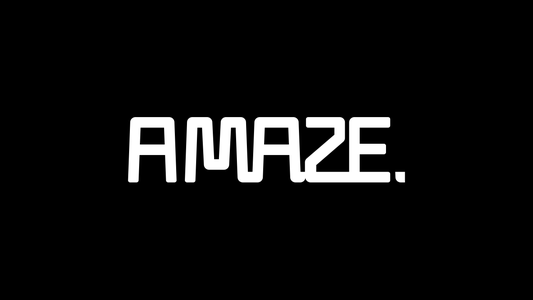I also blog at Fortress of Doors, follow my stuff here:
![]()
![]()
![]()
![]()
![]()
![]()
This article's inspiration brought to you by my acquaintance Worthless Bums:
I promise you one thing: you are not anywhere near market saturation for your tiny indie game. Your problem is the exact opposite – you haven’t got anywhere near the sets of eyeballs to glaze over your game. Now there is a cost to getting more eyeballs on your game, and if your potential market is too small this can mean it’s not cost effective to try and market more.
Aside: Early on when I was developing Steam Marines many people (other developers!) remarked on my amazing incompetence for trying to make a commercial roguelike. These days commercial roguelikes are thriving and those sorts of people now call me a sellout. What-the-fuck-ever.
But as Simon Roth says, it’s way cheaper to market a game a bit more than to make a whole new game. Also, you can probably use the practice.
Maybe you've heard of the terms "CPU bound" and "GPU bound". Dwarf Fortress is a great example of a CPU-bound game; it takes no time at all to render the game's graphics (it's just ASCII), but it takes a lot of time (no seriously, a lot of time) to run the simulation.

Dwarf Fortress: CPU-bound
This means that trying to speed up Dwarf Fortress by optimizing the graphics code is utterly pointless. Even if you speed up rendering by double, triple, or a thousand times, it won't matter since the CPU is the bottleneck on everything. On the other hand, a typical AAA 3D shooter is GPU bound -- the core game logic (CPU) runs more than fast enough to meet the framerate deadline; it's the rendering (GPU) that's taking too long and causing you to drop frames.

DOOM: GPU bound*
*Note to pedants: Yes, I know modern 3D games can just as easily be CPU bound and it varies highly with setup, but give a man his metaphor, won't ya?
So if you speed up the rendering, you speed up the whole game. There are other potential bottlenecks too, such as "I/O bound", where the speed of communicating with some external device (hard drive, CD drive) is the main limit on the whole system.
I think marketing is like this. Imagine total potential success as water flowing through progressively smaller bottlenecks.

Here the stream is limited primarily by the third bottleneck, the narrowest. To increase the total flow you have to expand the last mouth:

Wow! Look how much wider that third bottle is now! But the stream only increased a little, because now we're limited by the second bottleneck. Let's crack it open, too:

Much better. Now neither the second or third bottleneck limits the whole system, and opening the first bottle will increase the stream even further. But we'll quickly be bound by the third bottleneck again. And back and forth we go until we've done everything we can.
Now, what if our bottles were arranged differently?

The size of the flow in this perverse scenario is actually the same as in the very first example -- the overall stream is limited by the size of the smallest bottle. However, now we have much less room to grow. Widening the second and third mouths would give us no gains at all until we attack the first bottle.

And even if we opened that all the way, its overall volume is so scant that even expanding the second and third bottlenecks will give us only marginal improvement.
So it's important to understand not just which bottlenecks are limiting us, but also how they're arranged. This tells us our overall chances for success and what, if anything, we can do about it.
Okay, let's go from general to specific. What are the bottlenecks in our particular situation and what can be done about them?
I'm in the business of making and selling Indie games, specifically Defender's Quest. I can identify the following bottlenecks on success in the games business, which I'll group into "hard" and "soft" categories.
Hard
Platform
Language
Tech
Ability
Soft
Audience
Appeal
Price
Reach
The "Hard" bottlenecks
Platform, Language, Tech, and Ability are four more or less objective filters that narrow your game's total potential customers down from "all humans" to "humans with compatible physical skills and technical resources."



































